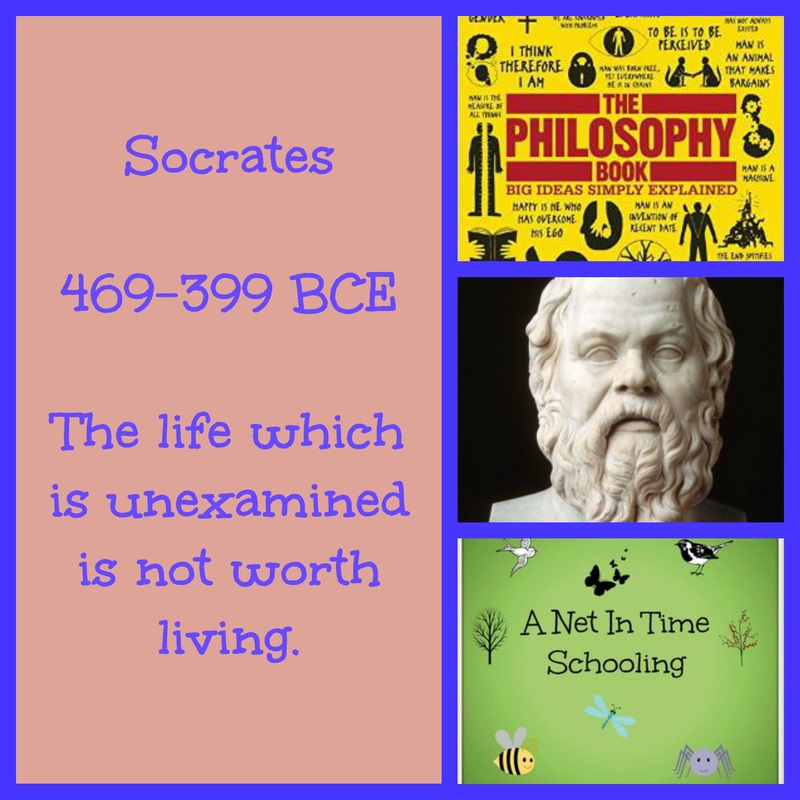He started with the basic premise of:
The only life worth living is a good life.
Ergo
I can only live a good life if I really know what "good" and "evil" are.
Since
"Good" and "evil" are not relative, they are absolutes, that can only be found by a process of questioning and reasoning
Ergo
In this way, morality and knowledge are bound together.
SO
An unquestioning life is one of ignorance without morality.
THUS
a life which is unexamined is not worth living.
He believed that if we understand what we are, then we are better able to live the life that we want to live. We should question even our most cherished beliefs. We shouldn't do what society thinks of as being the right thing, unless we are firmly convinced that it is indeed the right thing.
He wasn't always particularly nice about his approach to his quest for finding TRUTH either. He would go to the rich, help them build up their case about why they believed something, and then promptly tear it down. He made a lot of enemies. (source)
His most famous student was Plato. He taught by the use of Pedagogy: wherein a teacher questions a student in a manner that draws out the correct response. (source)
The Delphi oracle called him the wisest man in the world....at which he scoffed, saying that honestly he knew nothing. So to disprove her he went around to wise people and asked them questions, thus exposing their lack of knowledge. He started from a point of ignorance and through questions showing where there are gaps of knowledge, or even contradictions. This method became foundational to Western philosophy and empirical sciences.
He ended up being sentenced to death (which he chose rather than face exile).
Sources
Book:The Philosophy book
Gadfly
Ancient Greece.
BIO. be alert, this page has a video that plays automatically.
BUT as a method it is very effective in helping people to hone their thoughts and ideas into a cohesive whole. And for scientists to question themselves to see where the gaps are in what they are learning about. HIGHLY effective.








 RSS Feed
RSS Feed



